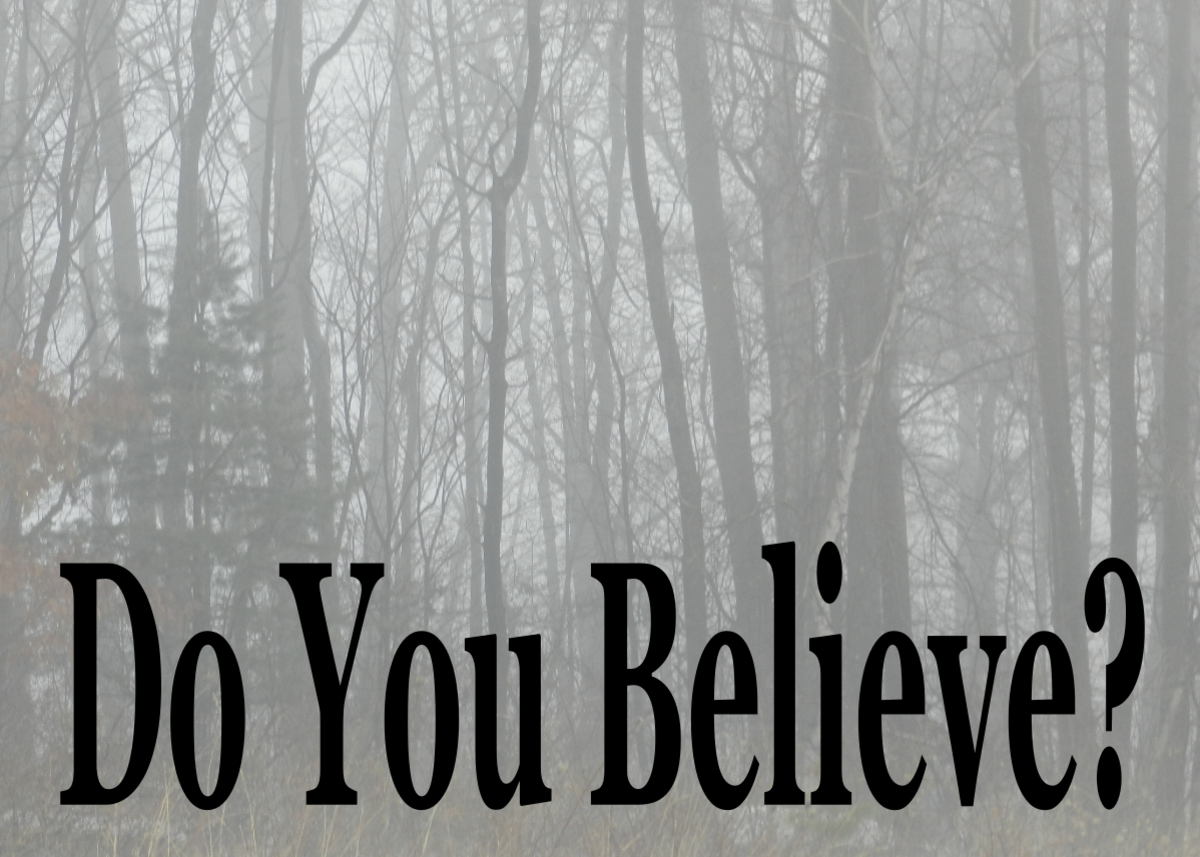Twinkling in the night sky, stars have been faithful human companions for aeons. They help us navigate more accurately and fuel our imagination of distant worlds.
But the stars also help animals with their long migratory journeys and even to find the best spot to hide their food. So how do animals do this, and what can it teach us about our world?
Every autumn, the indigo bunting, a bird found in parts of the US and Canada, undertakes a lengthy migration south to escape the cold of the winter.
In a study from 1967, wild-caught indigo buntings were shown a starry sky inside a planetarium, and researchers followed their response. In the experiment, researchers removed different constellations from the birds' view to test how they responded. They found that, as long as some constellations were present, the birds would consistently hop southwards—just as they normally would under a real starry sky.
"I would say that this part is truly amazing, because it seems to me that learning stellar patterns from just observing the night sky is a really challenging feat. If migrating birds are indeed able to do this, it's a real tour de force," says Nikita Chernetsov at the Russian Academy of Sciences.
But the stars also serve to guide animals towards more humble challenges.
Dung beetles are well known for their habit of making rather big balls of dung. They move these balls around and hide them as precious morsels from competitors. Yes, poo balls are a big commodity among dung beetles.
For these animals, the night sky and its celestial bodies provide an important service, a 2013 study found.
"Nocturnal dung beetles probably do not have sufficient resolution to recognise patterns of stars, but luckily for them, they're also not interested in migrating across continents," says James Foster, a biologist at Lund University, Sweden.
Instead, dung beetles just want to protect their precious cargo.
"Dung beetles are only interested in rolling their dung ball in a straight line to avoid returning to their starting point," says James. This way, the beetles can avoid competitors that are eager and ready to steal their dung ball.
"So they look up and identify the brightest part of the sky, often the bright region of the Milky Way, and use that as their orientation reference," James adds.
Continued...
Source
But the stars also help animals with their long migratory journeys and even to find the best spot to hide their food. So how do animals do this, and what can it teach us about our world?
Every autumn, the indigo bunting, a bird found in parts of the US and Canada, undertakes a lengthy migration south to escape the cold of the winter.
In a study from 1967, wild-caught indigo buntings were shown a starry sky inside a planetarium, and researchers followed their response. In the experiment, researchers removed different constellations from the birds' view to test how they responded. They found that, as long as some constellations were present, the birds would consistently hop southwards—just as they normally would under a real starry sky.
"I would say that this part is truly amazing, because it seems to me that learning stellar patterns from just observing the night sky is a really challenging feat. If migrating birds are indeed able to do this, it's a real tour de force," says Nikita Chernetsov at the Russian Academy of Sciences.
But the stars also serve to guide animals towards more humble challenges.
Dung beetles are well known for their habit of making rather big balls of dung. They move these balls around and hide them as precious morsels from competitors. Yes, poo balls are a big commodity among dung beetles.
For these animals, the night sky and its celestial bodies provide an important service, a 2013 study found.
"Nocturnal dung beetles probably do not have sufficient resolution to recognise patterns of stars, but luckily for them, they're also not interested in migrating across continents," says James Foster, a biologist at Lund University, Sweden.
Instead, dung beetles just want to protect their precious cargo.
"Dung beetles are only interested in rolling their dung ball in a straight line to avoid returning to their starting point," says James. This way, the beetles can avoid competitors that are eager and ready to steal their dung ball.
"So they look up and identify the brightest part of the sky, often the bright region of the Milky Way, and use that as their orientation reference," James adds.
Continued...
Source




















